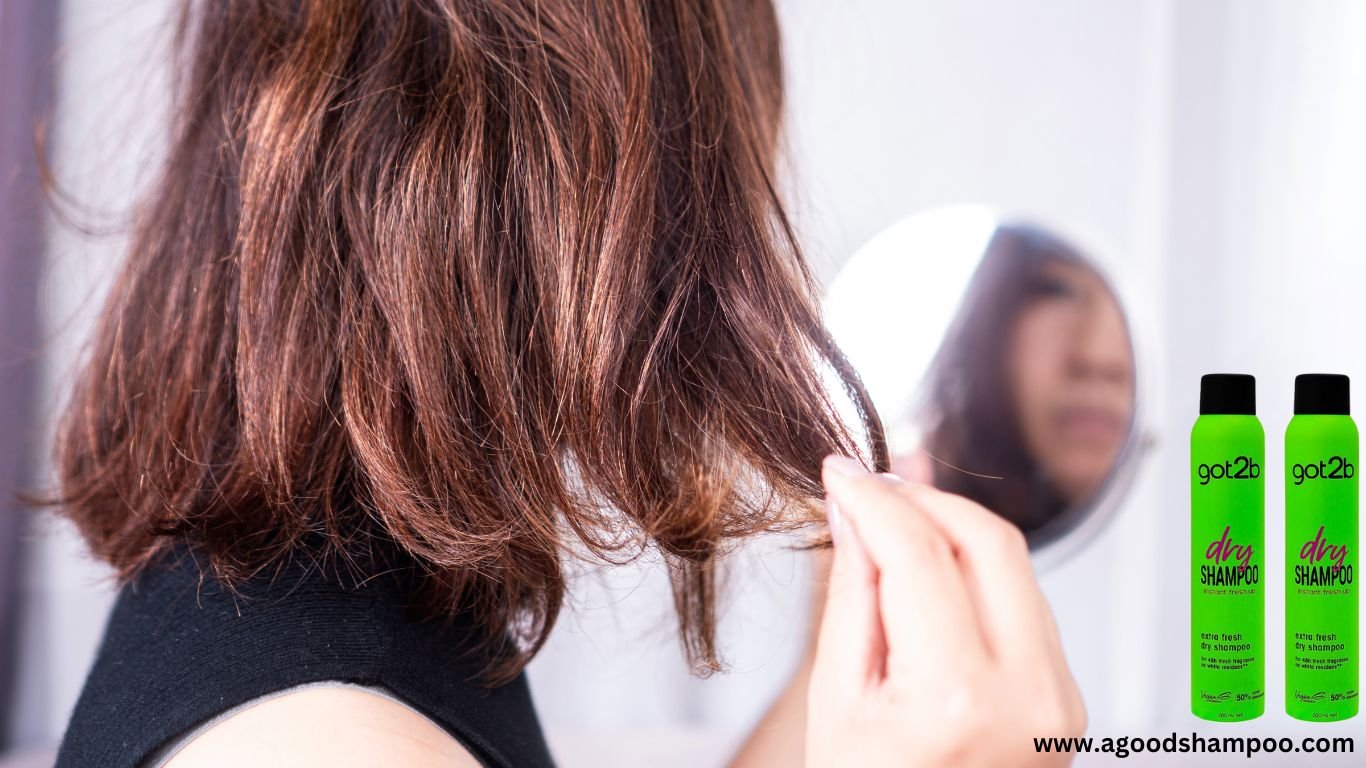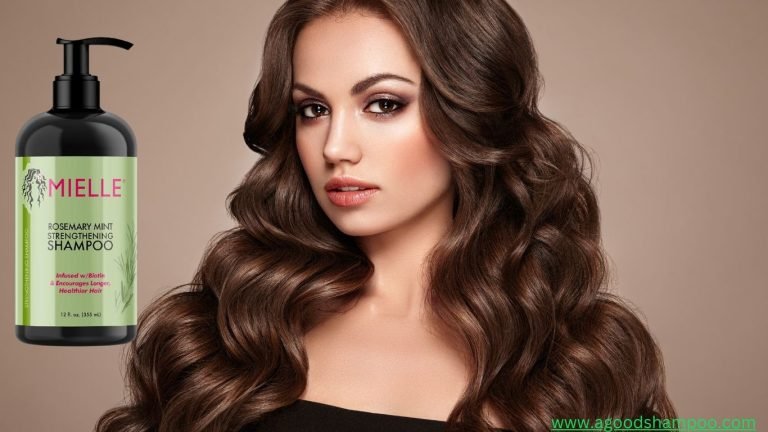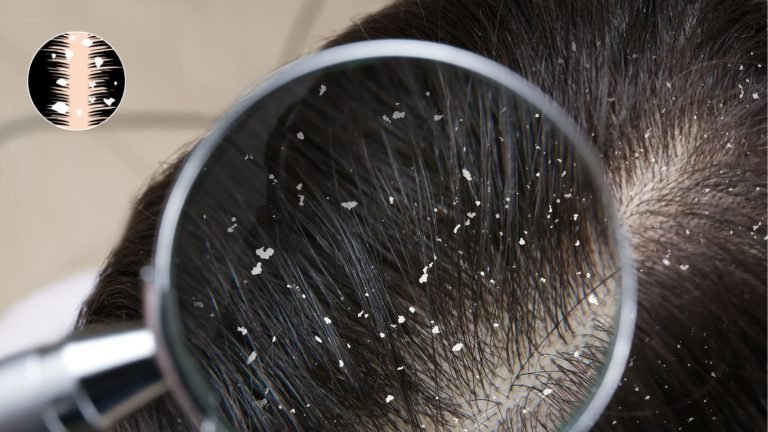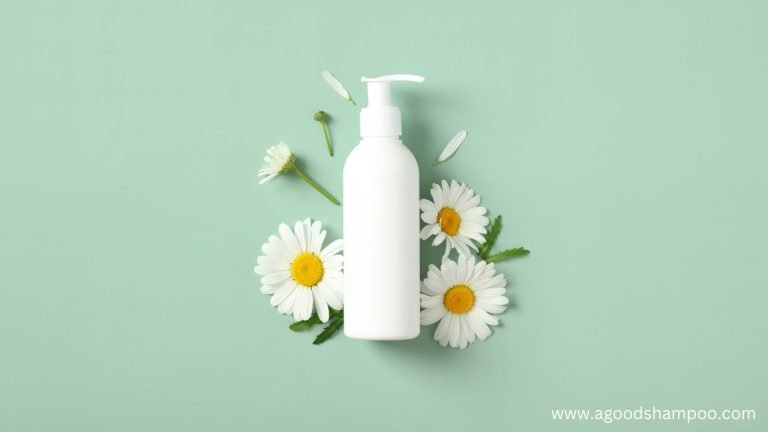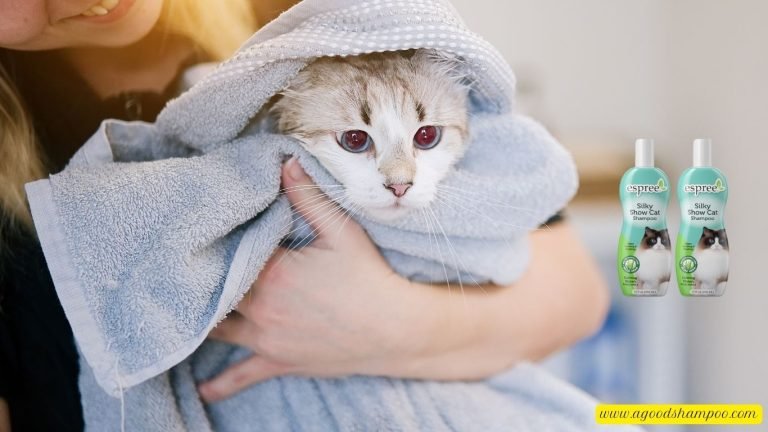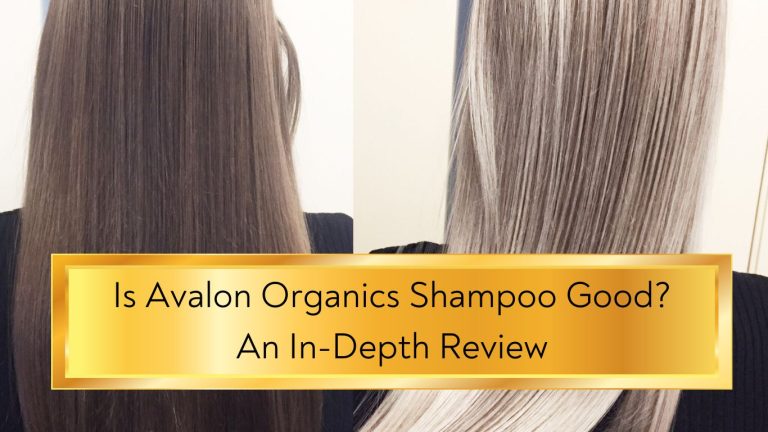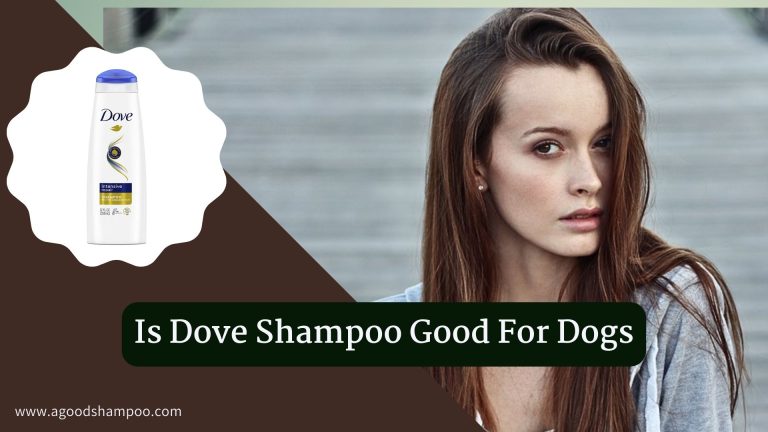Is Dry Shampoo Good for Dry Hair? Expert Guide and Safe Tips
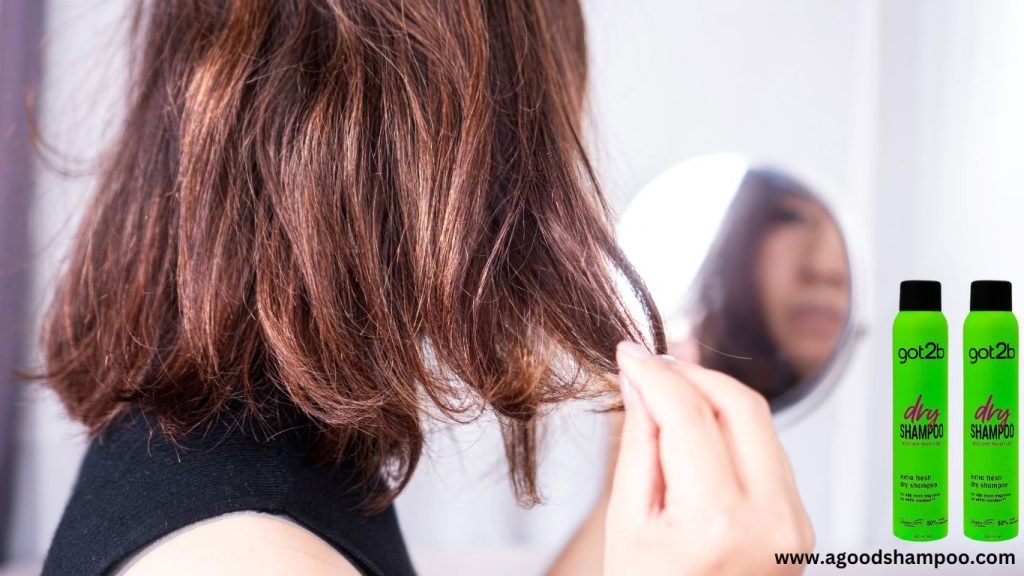 Dry shampoo has become a lifesaver for busy schedules and hectic mornings, but the question remains: Is dry shampoo good for dry hair? In this comprehensive guide, we explore how dry shampoo works, its effects on dry hair, and how to use it safely. Whether you’re a dry shampoo aficionado or a curious first-timer, we’ve got the answers you need.
Dry shampoo has become a lifesaver for busy schedules and hectic mornings, but the question remains: Is dry shampoo good for dry hair? In this comprehensive guide, we explore how dry shampoo works, its effects on dry hair, and how to use it safely. Whether you’re a dry shampoo aficionado or a curious first-timer, we’ve got the answers you need.
What Is Dry Shampoo and How Does It Work?
Dry shampoo is a powdery or spray product designed to absorb excess oil from your scalp and hair. Unlike traditional shampoo, it doesn’t require water. Instead, it targets sebum (the natural oils produced by your scalp), leaving your hair looking refreshed and less greasy.
Can You Use Dry Shampoo on Dry Hair?
Yes, you can, but with caution. While dry shampoo is marketed for oily or normal hair types, it can also work for dry hair when used sparingly. The key is to avoid overuse. Applying too much dry shampoo can strip your scalp of the natural oils it desperately needs, exacerbating dryness.
For dry hair, focus on these tips:
- Choose a moisturizing formula: Look for dry shampoos infused with nourishing ingredients like argan oil or coconut oil.
- Apply sparingly: A little goes a long way—apply only to the roots where oil buildup occurs.
- Follow up with a hydrating conditioner: Using a dry conditioner can help maintain moisture and softness.
Is It Better to Wash Hair or Use Dry Shampoo?
While nothing beats a good wash with water and shampoo for thorough cleansing, dry shampoo is a convenient alternative when you’re in a pinch. It can help extend the time between washes, especially for those with dry hair who benefit from less frequent washing. Overwashing can strip your hair of natural oils, leading to even drier strands.
If you’re weighing the pros and cons, consider this:
- Washing hair thoroughly cleanses your scalp but can dry it out if done too frequently.
- Dry shampoo refreshes hair quickly but doesn’t remove dirt or product buildup.
Which Is Better: Dry Shampoo or Dry Conditioner?
Both serve distinct purposes. Dry shampoo is ideal for absorbing oil and refreshing your roots, while dry conditioner targets the lengths and ends, adding moisture and shine. For dry hair, a combination of both can work wonders.
Here’s how to use them together:
- Apply dry shampoo to your roots to soak up grease.
- Follow up with dry conditioner on your mid-lengths and ends for hydration.
Is There a Safe Dry Shampoo?
Yes, many dry shampoos are safe when used correctly. To ensure you’re making a safe choice:
- Read the label: Opt for products free from harsh chemicals like parabens and sulfates.
- Test for sensitivity: If you have a sensitive scalp, patch-test the product before full application.
- Moderate usage: Limit dry shampoo use to 2-3 times a week to avoid buildup.
Is Dry Shampoo Good for Dry Hair (Reddit Opinions)?
Reddit users often share mixed experiences with dry shampoo on dry hair. Common takeaways include:
- Hydrating formulas are key: Users rave about dry shampoos with added moisturizers.
- Avoid alcohol-based formulas: These can be too drying for already parched hair.
- Pair with leave-in treatments: Many suggest pairing dry shampoo with a leave-in conditioner to counteract dryness.
Is Batiste Dry Shampoo Bad for Your Hair?
Batiste is one of the most popular dry shampoo brands, but is it safe? The answer lies in how you use it. Overusing Batiste—or any dry shampoo—can lead to buildup on your scalp, potentially causing irritation or hair breakage. However, when used sparingly, it’s a reliable choice for quick hair refreshment. Always balance dry shampoo use with proper washing and conditioning.
Is Dry Shampoo Bad for Your Hair?
Dry shampoo is not inherently bad for your hair, but misuse can lead to problems like:
- Scalp buildup: Excessive use can clog hair follicles, potentially slowing hair growth.
- Dryness and brittleness: Overuse can strip your hair of essential oils.
- Irritation: Some ingredients may cause sensitivity or itchiness.
How to Use Dry Shampoo Effectively
Using dry shampoo is simple, but a proper technique can make all the difference:
- Shake the bottle well: This ensures even distribution of the product.
- Hold 6-8 inches away: Spray onto roots or sprinkle the powder on your scalp.
- Let it sit for a minute: Allow the product to absorb oil before touching.
- Massage gently: Use your fingertips to work the product in.
- Brush through: For a natural finish, brush your hair to distribute the product evenly.
Is Dry Shampoo Better Than Washing Your Hair?
Dry shampoo is not a replacement for regular washing, but it can complement your routine. For those with dry hair, using dry shampoo sparingly can reduce overwashing, which helps retain natural oils. It’s a temporary fix, not a permanent solution.
Dry Shampoo Side Effects
While dry shampoo is generally safe, potential side effects include:
- Scalp irritation: If you’re sensitive to certain ingredients.
- Hair dryness: Overuse can exacerbate dryness in already dry hair.
- Follicle clogging: Buildup from frequent use can hinder hair growth.
To minimize side effects, choose high-quality products and limit usage.
Best Dry Shampoo Recommendations
Here are some top-rated options for dry hair:
- Living Proof Perfect Hair Day Dry Shampoo: Gentle and effective, perfect for all hair types.
- Batiste Hydrating Dry Shampoo: A great choice for adding moisture to dry strands.
- Amika Perk Up Dry Shampoo: Free from harsh chemicals, ideal for sensitive scalps.
- Klorane Dry Shampoo with Oat Milk: Soothing and nourishing, perfect for dry hair.
Visit agoodshampoo.com for more expert reviews and hair care insights.
| Product Name | Key Features | Best For | Price Range | Unique Ingredient |
|---|---|---|---|---|
| Living Proof Perfect Hair Day Dry Shampoo | Absorbs oil, sweat, and odor; silicone-free | All hair types | $20-$30 | Fast-absorbing powders |
| Batiste Hydrating Dry Shampoo | Adds moisture, quick refresh, alcohol-free | Dry hair | $10-$15 | Avocado extract |
| Amika Perk Up Dry Shampoo | Lightweight, talc-free, adds volume | Oily and sensitive scalps | $25-$35 | Rice starch |
| Klorane Dry Shampoo with Oat Milk | Soothes and softens, gentle formula | Dry, brittle hair | $15-$20 | Oat milk |
| Dove Refresh+Care Dry Shampoo | Instantly absorbs oil, leaves no residue | Everyday use | $6-$10 | Water-based aerosol formula |
| Moroccanoil Dry Shampoo Light Tones | UV protection, color-specific for blonde hair | Color-treated hair | $20-$28 | Argan oil |
| Not Your Mother’s Clean Freak Dry Shampoo | Removes oil, adds texture, cruelty-free | Budget-friendly | $5-$10 | Tapioca starch |
| Briogeo Scalp Revival Dry Shampoo | Detoxifies scalp, volumizes roots | Sensitive and flaky scalps | $30-$40 | Binchotan charcoal |
| Tresemmé Pro Pure Dry Shampoo | Silicone, paraben, and sulfate-free; light scent | Frequent touch-ups | $8-$12 | Tapioca starch |
| Oribe Gold Lust Dry Shampoo | Adds shine, protects hair, luxurious scent | Premium care | $40-$50 | Celery seed extract |
Is Dry Shampoo Good for Dry Hair?
The verdict? Yes, but with proper care. Dry shampoo can be a lifesaver for dry hair when used correctly. Focus on hydrating formulas, moderate application, and pairing with moisturizing products to keep your hair healthy and fresh.
For more tips and advice on finding the best products for your hair, check out agoodshampoo.com today.

Carolina Herrera: Cosmetics specialist & Hair Analyst. Specializing in hair treatments, Carolina provides thorough reviews and advice on choosing the best products for damaged or treated hair.

